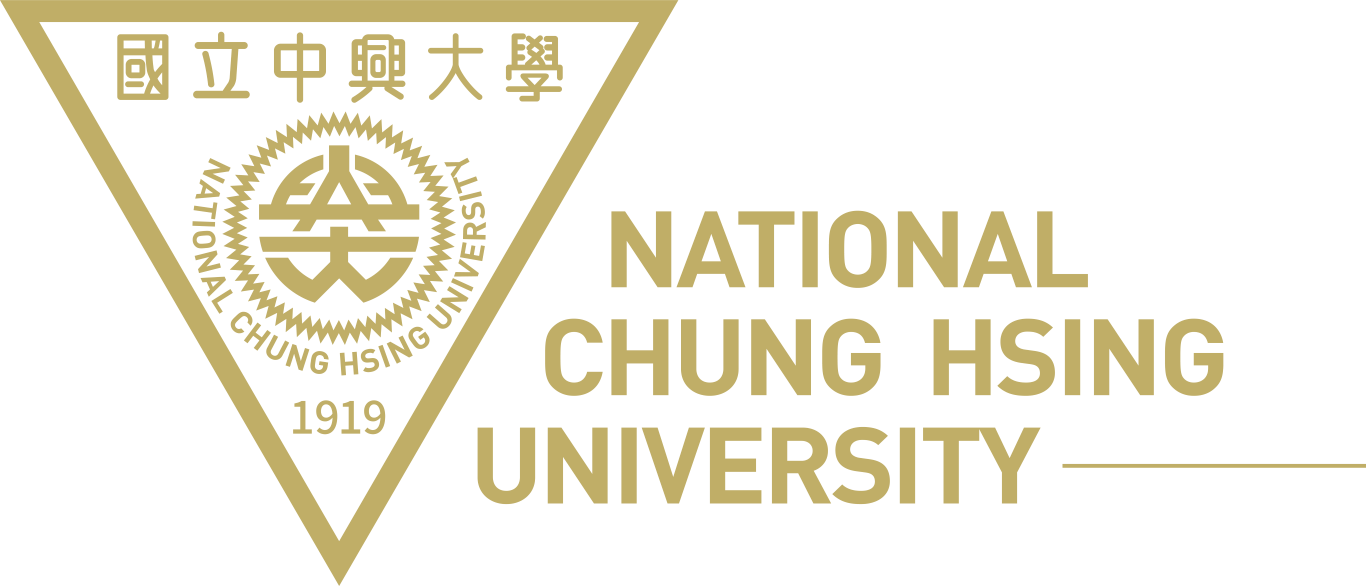Interlibrary Loan Service: Document Delivery
The NCHU Library provides interlibrary loan and document delivery services . Please read the following instructions carefully before selecting your desired service.nnThese services are available only to current NCHU faculty, staff, and students and NCHU alumni with a library card.nnPlease read the Interlibrary Loan terms of service before submitting an application.

